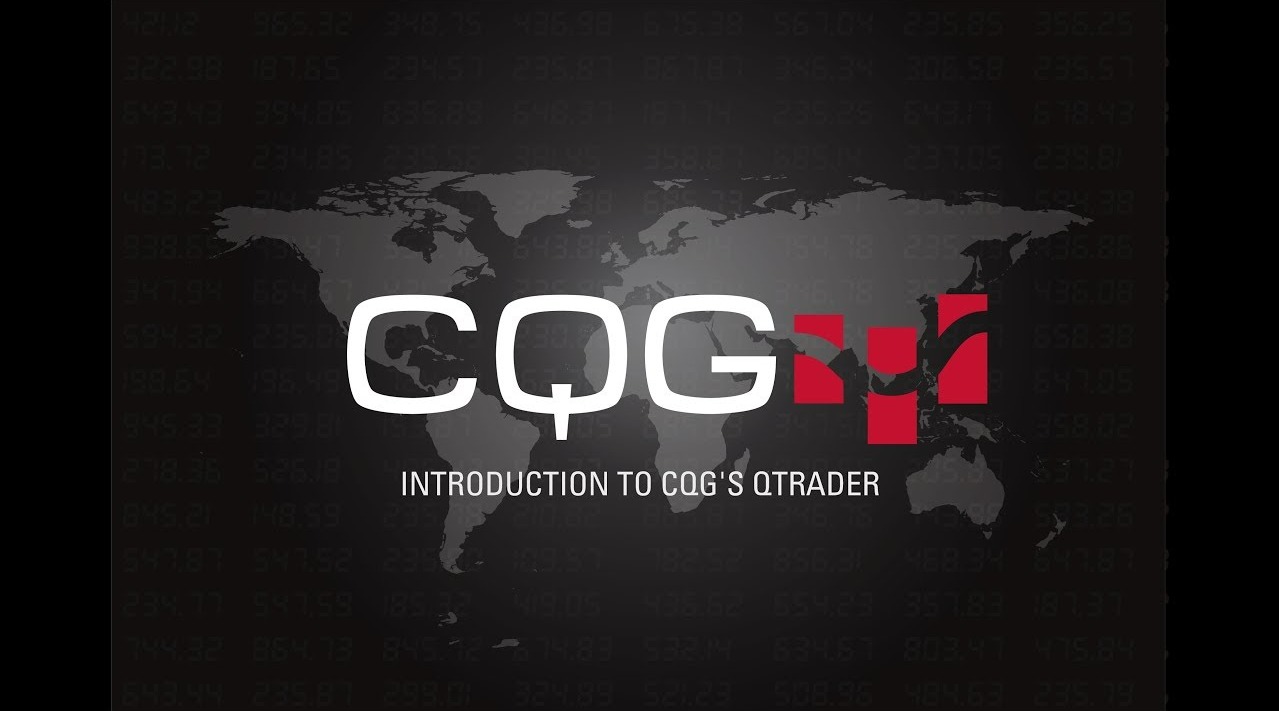The gathering of finance ministers and central bank governors at the 2018 G20 summit in Buenos Aires is already creating waves across the cryptocurrency community as the hot topic of regulations has made onto the itinerary of the summit's first meeting.
According to an official communiqué released prior to the session, the ministers and governors are proposing regulations on the digital assets that will go into effect by July 2018.
Speaking to the press after the first meeting, chairperson of Argentina’s central bank Frederico Sturzenegger said the committee will decide to examine Cryptocurrencies first, as more information is needed before imposing regulations on this notoriously volatile market.
“In July we have to offer very concrete, very specific recommendations on, not 'what do we regulate?' but 'what is the data we need?',” Sturzenegger said.
China’s distaste for crypto
The Chinese delegation led by governor Zhou Xiaochuan made no secret of its long-standing distaste for the digital assets. While the country supports the proposed imposition of regulatory rules, it is calling for the creation of strict laws against cryptocurrencies, reported QQ.
Zhou pointed out that encrypted assets may cause a series of challenges and problems, such as illegal trade, Money Laundering , and terrorist financing, which may affect the transmission of monetary policy. Though the size of the crypto-assets is very small - less than one percent of the world’s GDP - their social impact is massive.
Few outlaws
However, not every nation is onboard with this decision of regulating crypto assets. Argentine daily El Cronista reported that Brazil’s central bank president has made it clear that the country will not regulate cryptocurrencies within its borders. The daily further reported that Brazil might not follow any regulatory decisions outlined by the G20.
Meanwhile, the G20 committee has decided to apply the Financial Action Task Force (FATF) standards - an intergovernmental body formed to fight money laundering and terrorist financing - on cryptocurrencies.
“We commit to implement the FATF standards as they apply to crypto-assets, look forward to the FATF review of those standards, and call on the FATF to advance global implementation," the statement read. "We call on international standard-setting bodies (SSBs) to continue their monitoring of crypto-assets and their risks, according to their mandates, and assess multilateral responses as needed.”

















